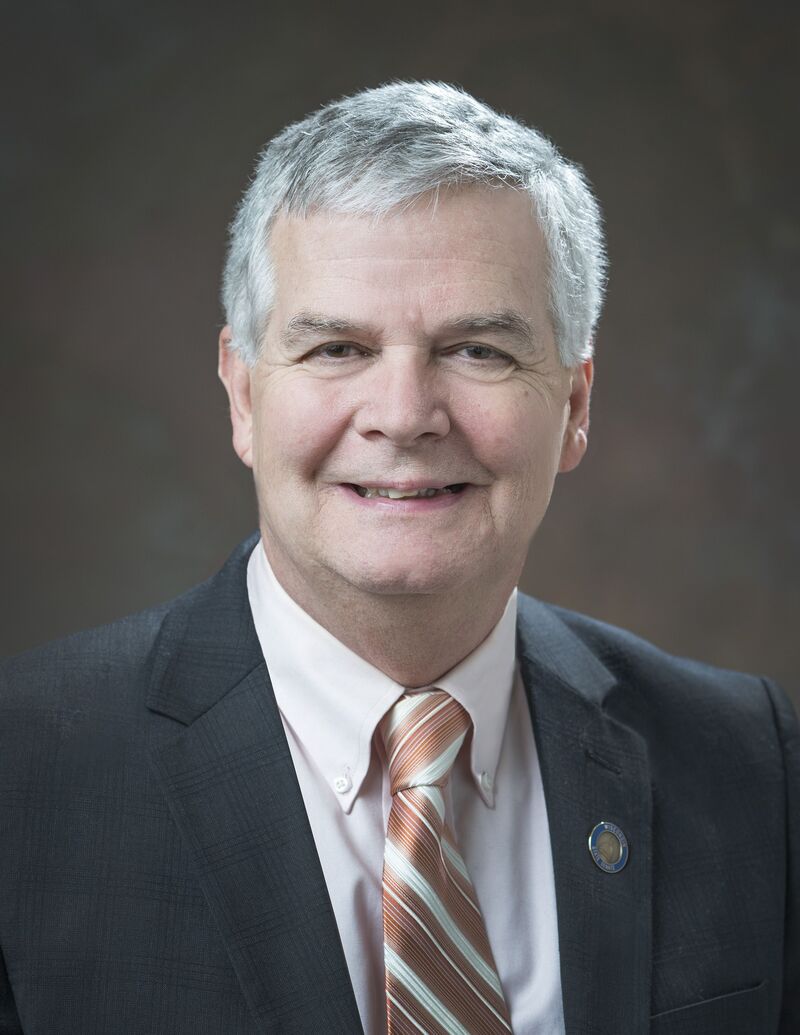You may have heard politicians and the media use the line that schools should “open” or schools have a plan to “re-open.” This has caused a lot of confusion because schools never stopped providing support and instruction to their students. Teachers never stopped teaching. Yes, to protect students and families, many districts had to adjust their methods of instruction, but the work never stopped.
Like everyone, schools were appropriately cautious when the pandemic began last year, keeping students home to protect our communities. That didn’t stop teachers from finding ways to reach their students. In many of our rural communities, teachers found themselves educating from their car in a parking lot where they could access reliable internet. Students and parents also had to adapt if their home internet wouldn’t connect them to the classroom. Throughout everything, school districts faced extraordinary challenges to provide the educational experience we all expect for our children despite inadequate funding.
Governor Tony Evers’ 2021-23 biennial budget addresses many of the inequities that existed before the pandemic and puts schools in a better position to prepare our kids for the future. The investments we make today will help Wisconsin bounce back stronger than before. After all, as Governor Evers often says, “what’s best for our kids, is what’s best for our state.”
The Governor’s budget includes a K-12 general aid increase of $600 million over the next two years – this is the largest increase in over a decade. This badly needed funding will help modernize classrooms, retain quality teachers and reduce the need for local property tax increases. School districts would also see an additional $709 million in state aid for special education funding. This would raise our current state reimbursement rate for special education from 31% to 50% to better support students who need the most help.
This pandemic has strained all of us mentally and we all know children who’ve faced these challenges. School districts across the state reported spending upwards of $270 million on pupil services staff over the last year with only $6 million, or 2% of that total funding, coming from the state. This should concern us all – mental health services are critical.
Thankfully, Gov. Evers recognizes these needs and recommends directing $46 million toward school mental health services and increasing the reimbursement rate for local districts. This would allow schools to bring in more social workers, counselors, psychologists and nurses to address health needs and improve education outcomes.
In Wisconsin, school districts must provide transportation to all eligible pupils whether they attend a public or private school. Oftentimes, rural transportation costs cut into what school districts can spend in a classroom. It’s great to see Gov. Evers target $4 million over the biennium to fully fund high-cost transportation aid for school districts with relatively high transportation costs. This increased funding is estimated to reimburse 100% of costs and help alleviate the financial strain many of our school districts are experiencing.
Gov. Evers does more to support our rural schools by investing $20 million in sparsity aid. The budget increases sparsity aid to fully fund per pupil payments of $400 for sparse districts with 745 or fewer pupils. In addition, the governor recommends providing $100 per pupil for those districts with 10 or fewer pupils per square mile with more than 746 or more pupils.
These investments are critical for western Wisconsin and all school districts throughout Wisconsin to provide the best educational opportunities for our children. Our teachers, staff and school administrators have gone above and beyond to connect kids to the classroom, despite the unprecedented circumstance. It’s time we show our schools support by passing Governor Evers’ budget.
Memberships
Steve is a member of LION Publishers , the Wisconsin Newspaper Association, the Menomonie Area Chamber of Commerce, the Online News Association, and the Local Media Consortium, and is active in Health Dunn Right.
He has been a computer guy most of his life but has published a political blog, a discussion website, and now Eye On Dunn County.



Add new comment